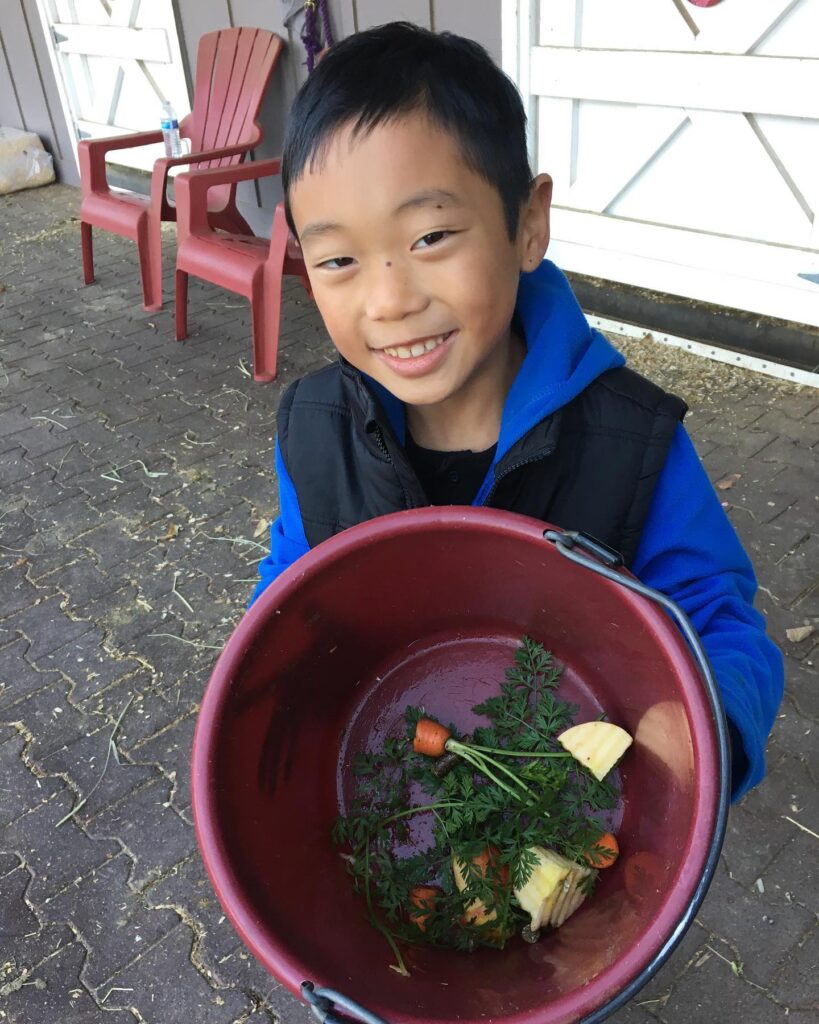Feeding Therapy
Manes for Movement offers a unique feeding program within the occupational therapy department. Feeding therapy starts with an evaluation, which will include analysis of oral motor function and sensory processing. Common concerns that our OT can address include:
- Picky eating or refusal to eat
- Difficulty attending to mealtime
- Sensory hypersensitivity (refusing to touch foods or gagging)
- Difficulty using utensils or cups
- Difficulty chewing foods or progressing with textures
- Drooling
- Difficulty with tongue movements
- Reduced cheek or jaw strength

After identifying the barriers that are impacting your child’s ability to eat an age appropriate meal, we begin a therapy program within the context of the barn to support your child’s progress towards meeting his or her goals. Hippotherapy may or may not be indicated based on your child’s needs- many children with feeding challenges have difficulty with postural control, sensory processing and self regulation, and the sensory input provided by riding the horse may offer a regulating and organizing experience before dismounting and sitting down for mealtime. Your child’s therapist will recommend a specific list of therapeutic foods to bring with you to the session, and may even have special recipes to “cook” for the horses to eat, offering unique sensory experiences, opportunities to use utensils, and motivation that only the horses can offer! While we do have some sterile tools and single-use utensils available to support oral motor function, your therapist may recommend specific tools for you to purchase as a part of your specific home program and to keep everything hygienic. Additionally, home consultation (either in person or via telehealth) may be indicated to support generalization of skills for meals in your natural environment.
Our occupational therapist who is trained in feeding has taken coursework in the SOS Approach to Feeding, Beckman Oral Motor Protocol and TalkTools, in addition to years of clinical experience with feeding and sensory integration. At this time, we are unable to accept patients who have concerns with aspiration or dysphagia.

